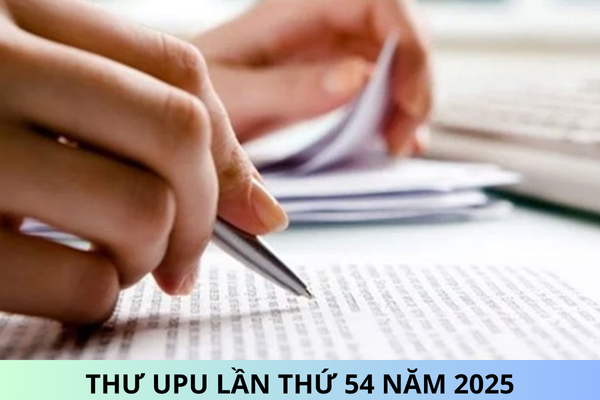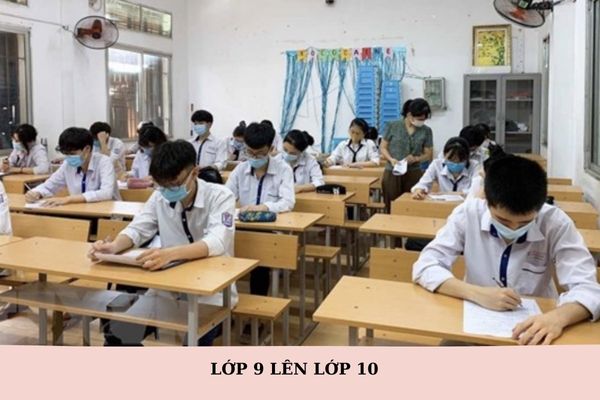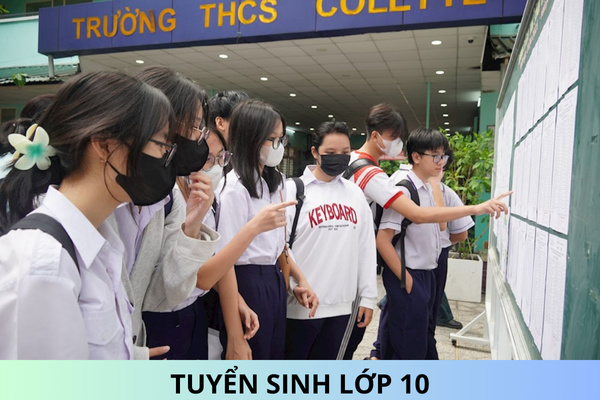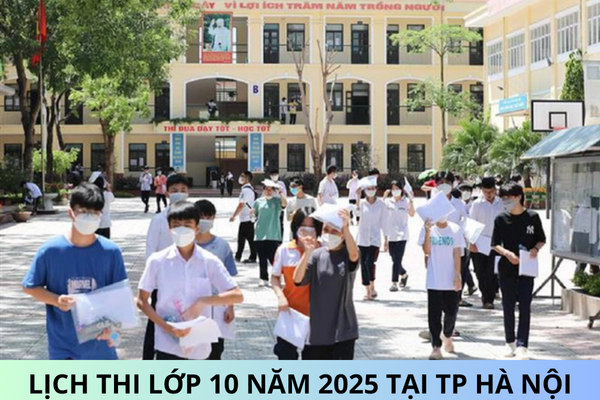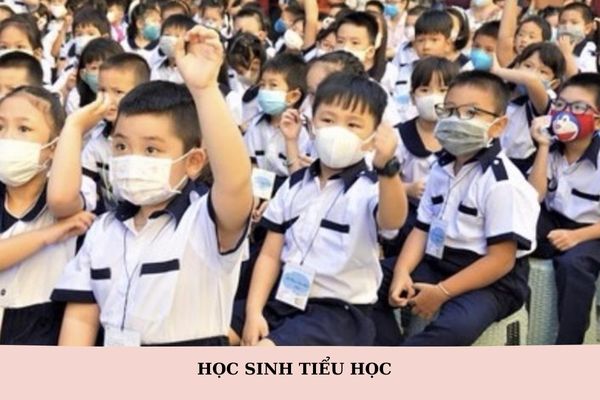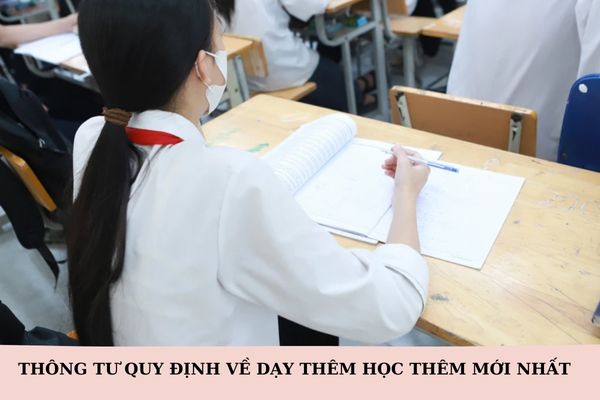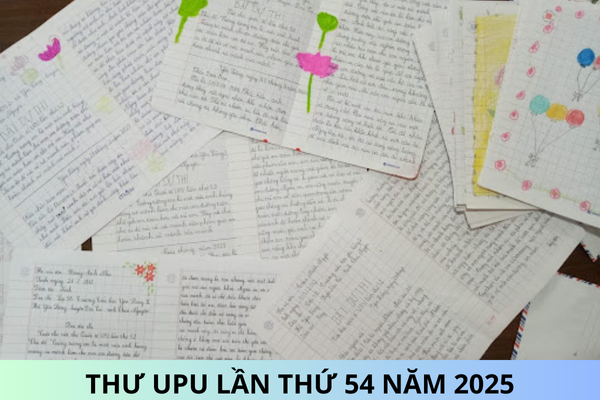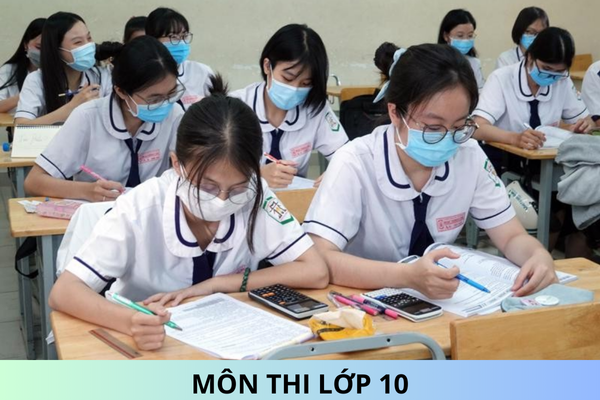What is the structure of the Digital Competency Framework for learners in Vietnam from March 11, 2025?
What is the structure of the Digital Competency Framework for learners in Vietnam from March 11, 2025?
Based on Section A of the Digital Competency Framework for Learners issued with Circular 02/2025/TT-BGDDT, the structure of the Digital Competency Framework consists of 6 competency domains with 24 component competencies, which are divided into 4 levels from basic to advanced across 8 levels. The competency domains are summarized as follows:
(I) Data and Information Utilization: Focuses on the ability to search, filter, evaluate, and manage data, information, as well as digital content; includes skills to identify reliable information sources, efficiently organize data, and use them to support decision-making or problem-solving in a digital environment.
(II) Communication and Collaboration in a Digital Environment: Emphasizes the ability to use digital technology to interact, share information, work in teams, and participate in online communities; includes skills like effective digital communication, respecting cultural diversity, managing digital identity, and fostering collaboration in a digital environment.
(III) Digital Content Creation: Focuses on the ability to create, edit, and share digital content; includes skills such as developing new content, applying copyright and licensing, basic programming, and integrating knowledge from multiple sources to create appropriate and innovative digital products.
(IV) Safety: Centers on protecting data, devices, health, and the digital environment; includes skills such as personal information security, cyber risk management, safe use of digital technology, ensuring psychological and physical health when interacting in a digital environment, and promoting responsibility for protecting the digital environment.
(V) Problem Solving: Focuses on critical and creative thinking to identify, analyze, and solve problems in a digital environment; includes skills such as troubleshooting technical issues, learning new technologies, adjusting digital needs to achieve goals, and using technology to innovate or solve practical challenges.
(VI) Artificial Intelligence Application: Centralizes understanding, using, and evaluating AI tools and systems ethically and responsibly; includes skills like recognizing how AI operates, applying AI to practical tasks, assessing AI's ethical and social impacts, and ensuring AI usage is transparent, fair, and responsible.
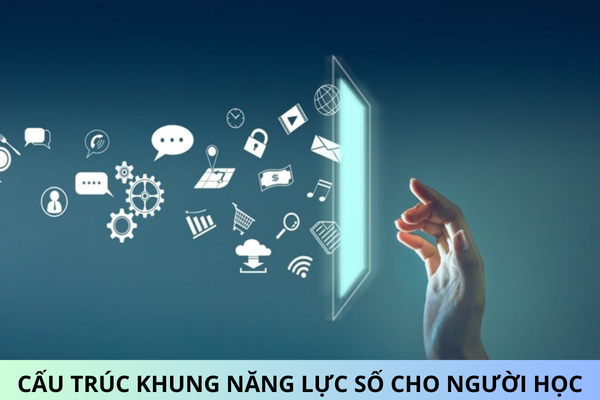
What is the structure of the Digital Competency Framework for learners in Vietnam from March 11, 2025? (Image from the Internet)
Who are the learners in the national education system in Vietnam?
According to Article 80 of the Education Law 2019, learners are individuals who are studying at educational institutions within the national education system, including:
- Children in preschool educational institutions
- Students of general education institutions, vocational training classes, vocational and continuing education centers, vocational training centers, intermediate schools, university preparatory schools
- Students of colleges and universities
- Trainees of master's training institutions
- Doctoral candidates at doctoral training institutions
- Learners in continuing education programs
Are learners in Vietnam allowed to study at an age higher than the prescribed age?
According to Article 83 of the Education Law 2019 governing the rights of learners:
Article 83. Rights of learners
- To be educated and taught to develop comprehensively and unleash their full potential.
- To be respected; equal in educational and learning opportunities; to develop talents, artistic skills, creativity, invention; to be fully informed about their learning and training.
- To skip classes, shorten program implementation time, study at an age higher than the prescribed age, extend study time, repeat grades, and be facilitated to study educational programs as stipulated by law.
- To study in a safe and healthy educational environment.
- To receive degrees, certificates, and confirmations upon graduation from educational levels, training qualifications, and completion of educational programs according to regulations.
- To participate in activities of unions and social organizations in educational institutions as prescribed by law.
- To use facilities, libraries, equipment, and means to serve learning, cultural, physical, and sports activities of educational institutions.
- To directly or through their legal representatives make suggestions to educational institutions on solutions to contribute to building educational institutions, protecting the rights and interests of learners.
[...]
As per the above regulations, learners have the right to skip classes, shorten program implementation time, study at an age higher than the prescribed age, extend study time, repeat grades, and be facilitated to study educational programs as stipulated by law.
